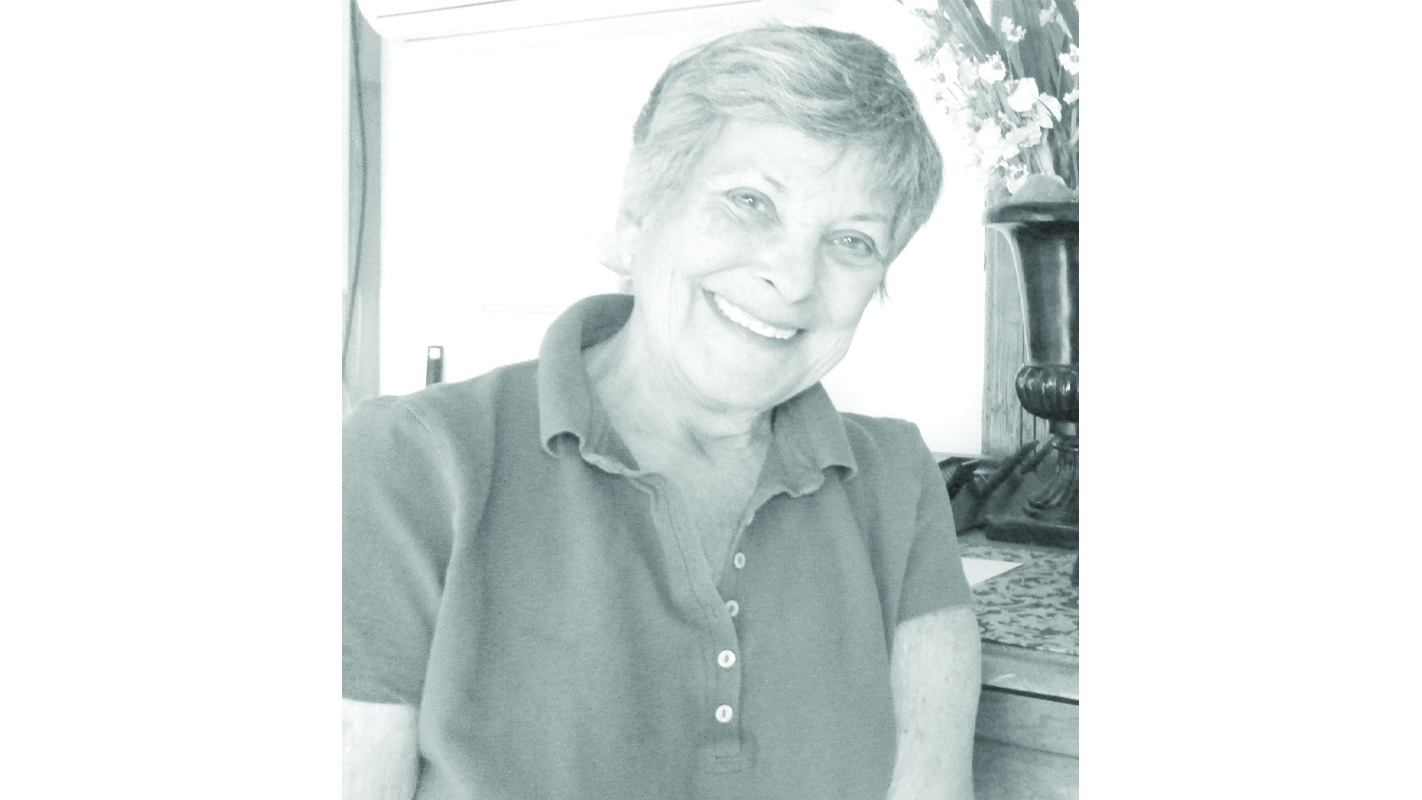By Dian Cohen
Local Journalism Initiative
Our income from work is taxed, our savings are taxed, our consumption of most goods and services is taxed. On top of this, our governments borrow money. If we averaged out the budgets of our federal and provincial governments, every man, woman and child would contribute over $20,000 to this growing mountain. Do you know how that money is spent? According to one of Canada’s top non-partisan think tanks, the C. D. Howe Institute, it’s not an easy trail to follow.
On top of this, Canada’s premiers are demanding a meeting with the newly re-elected prime minister to ask for more money — no strings attached — to pump into their healthcare systems.
Before I launch into this week’s tirade, let’s review the promises/plan set out in the Sept. 23, 2020 Speech from the Throne (which morphed into the 2021 election promises): more and better jobs, national subsidized childcare, better-regulated long-term care facilities, enhanced legislation to protect the environment, clean drinking water in First Nations’ land, universal pharamcare.
Holding public officials accountable for their spending, taxing and borrowing is a foundational task in a system of representative government. The C.D. Howe Institute does us all a big favor by annually analysing the fiscal transparency of the feds, the provinces and territories. Says the Institute, ”Their grades in this year’s report card range from A- to F. Many of Canada’s senior governments meet good standards. Others fall badly short.” Since readers of this column live in Quebec, the ones for us to be concerned with are the Feds (F) and Quebec (C-).
Quebec’s Auditor General has issued only a qualified audit opinion on the province’s financial statements for eight years in a row – there is one area on which the Auditor General needs clarification and Quebec has not supplied it. Say the authors, “Quebec needs to make further progress on issues that have long troubled its auditor general.”
As for the feds, they “produced no budget for 2020/2021 … they produced a budget for the 2021/22 fiscal year, but did it late, and buried the key numbers under hundreds of pages of marginally informative and repetitive material – not a performance consistent with the importance of its fiscal policy nor the example the national government should set… Canadians can get more transparent financial reporting and better fiscal accountability from their governments. But they need to demand it.”
So, like Al Pacino in Scent of a Woman, “we’re in the dark here” about how our tax dollars are being spent, but our provincial representatives want even more money. Specifically for healthcare.
There’s no question in my mind that the healthcare system, the implementation of which is the responsibility of the provinces, needs emergency triaging. But before anyone rushes to hand over billions, can we at least ask whether healthcare funding today is appropriate?
For starters, here’s how the approximately $45 billion in Quebec gets divvied up: health and social service institutions (meaning mostly hospitals) $29 billion; RAMQ (the insurance agency that pays doctors) $14 billion. Is that money divvied out efficiently? Not so much! Our healthcare system is really an illness-care system: doctors are paid only if there is a medical issue that requires treatment. There is no incentive to keep the patient healthy. Canada takes the prize for the country that uses doctors to provide care more than any other country – this is, we underuse nurses, nurse-practitioners and other health professionals who are better suited to working with patients to prevent or control illness. If doctors got an up-front, lump sum of money based on the number of patients under their care, but independent of the number of services provided to each patient, they would have incentives to sign up many patients and keep them as healthy as possible so that they do not need to be seen very often. If nurses et al were also paid by RAMQ outside an institutional setting, there would be a lot more of them in community clinics where technology now encourages care to be provided.
Hospitals are different – they now get a sum of money each year (called global budgeting), which is used to care for patients. Unlike doctors, this method of funding makes patients cost centres – the easiest way to avoid exceeding budgets is to limit services (fewer beds, less surgery). Global budgeting disconnects funding from the volume and quality of services — there’s little financial incentive to operate more efficiently and provide more services for a given level of funding or even to provide superior quality services.
Says Nadeem Esmail of the Fraser Institute, “Consider for a moment what would happen if your local grocery store was paid the same way—with a giant bag of money each year to feed people. It’s easy to imagine the number of items would quickly fall to whatever was most convenient for the store to provide. (Have a favourite cereal? Too bad.) Store hours will become less convenient for customers, alongside a general decline in the overall level of service. This type of grocery store, like a Canadian hospital, is actually financially better off—it saves money—if you go elsewhere.”
Over the last 30 years, Switzerland, Germany, France, Japan and every other developed country with universal health care (except Canada, Iceland, Ireland, Luxembourg and New Zealand), pay their hospitals so that the money follows the patient (called “activity-based funding”). When money follows patients, patients transform from a drain on hospital budgets into a source of additional revenue. Activity-based funding creates incentives for hospitals to increase activity, improve efficiency and focus more on patient-centred services.
Healthcare funding reform is a serious undertaking. Canada is already late to the game. Before the next federal-provincial ministers meeting, let’s demand fiscal accountability and funding reform.
Dian Cohen is an economist and a founding organizer of the Massawippi Valley Foundation.
Cohendian560@gmail.com






